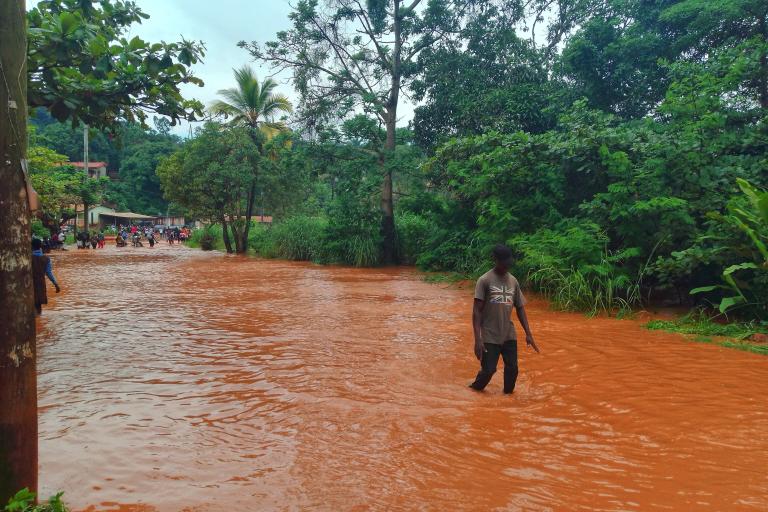WMO Regional Association for Africa seeks to strengthen early warnings and climate services
Addis Ababa, Ethiopia (WMO) – WMO’s Regional Association for Africa met virtually from 13-15 May 2024 to address Africa's challenges in weather, water, and climate-related issues. The session took place as devastating floods in East Africa and drought in southern Africa highlight the huge impacts on vulnerable societies.
The meeting brought together heads of national meteorological and hydrological services throughout Africa in order to address critical concerns facing the strengthening of observation networks, enhancing climate services, promoting sustainable water management, and fostering regional cooperation.
“The application of meteorological and hydrological knowledge is invaluable in safeguarding lives, protecting property, supporting sustainable development, and fostering community resilience in the face of climate-related challenges,” said WMO Secretary-General Celeste Saulo in an opening address.
“Robust early warning systems for weather-related hazards, such as storms, floods, and droughts, to safeguard lives, livelihoods, and infrastructure is critical as about 60% of the African continent is not currently covered by early warning services,” she said.
- Region:
- Region I: Africa










